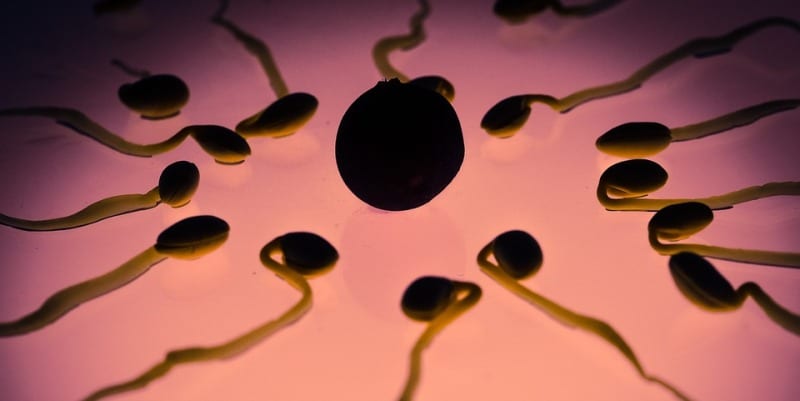Avoiding chemicals is impossible. They’re in the foods we eat, the air we breathe, and the things we touch.
However, you may want to avoid Endocrine Disrupting Chemicals (EDCs) if you’re trying to boost your fertility (especially if you’re enlisting the help of premier fertility practices during fertility treatment.)
Find out what EDCs are, where they’re found, and the simple steps you can take to avoid them.
Table of Contents
What Are EDCs and How Can They Affect Your Fertility?
From water and food to the air, soil, and manmade products, EDCs are found everywhere.
However, it’s artificial EDCs that are best avoided, as these have the potential to disrupt the natural processes within your body, such as your reproductive system (this goes for you and your partner, too).
There are approximately 800 different products – including personal care items, foods, and plastics – where these chemicals are found. They also appear in several agricultural/manufacturing processes.
Common artificial EDCs include bisphenols (found in sales receipts, plastics, and tins), phthalates (added to plastic to make it more durable and flexible), and parabens (found in foods and cosmetics). Naturally occurring EDCs are found in foods like soybeans and flaxseeds–but for these to have a harmful effect, you’d need to consume vast quantities.
How do artificial EDCs have the potential to affect your fertility?
Research has found that EDCs can affect sperm, egg, and embryo quality, while also increasing the risk of long-term health issues in children.
Those having difficulties conceiving often have higher levels of EDCs, and there’s a lower chance of getting pregnant through IVF if there’s a high level of EDCs in your body. This is due to EDCs having the ability to mimic or even block the sex hormones (estrogen and testosterone) in men and women.
Consequently, this can lead to:
- Difficulty conceiving
- Increased risk of miscarriage
- Early menopause
- Low sperm and egg quality
- Changes in hormone levels
Thankfully, there are a few simple ways you can reduce your contact with these EDCs.
1. Avoid Processed Food and Wash Your Fruit and Veggies
Canned, pre-packaged, or processed foods contain BPA, phthalates, and plasticizers, found in products like plastic wraps or coatings. Avoiding these types of foods will help reduce your intake of these.
Equally, washing fruits and vegetables before you eat them (while also buying from local markets) will help remove much of the chemicals used in the growing process, e.g. pesticides.
2. Go Green in Your Home and Garden
Instead of using chemical-based products to clean and keep your garden weed-free, look for natural, organic products instead. You’ll also find an abundance of DIY cleaning products that are chemical-free, smell fantastic and get the job done. Other products to avoid include heavily perfumed products and air fresheners. Again, you could make your own.
3. Don’t Reheat Food in Takeaway Boxes or Covered in Cling Foil
Even though it’s far more convenient to reheat leftovers and meals in the takeaway boxes provided–don’t. A lot of these products contain phthalates and bisphenols which are transferred into your food when you reheat them. This is the same if you cover your food in cling film. Instead, tip the food out onto a dinner plate and cover it with another plate or paper towel.
4. Avoid Sales Receipts
It may be impossible to avoid sales receipts altogether but try to avoid touching them when possible. This is because they contain BPA (it’s what gives them their shiny coating). Don’t keep them in your purse or wallet, either.
5. Always Read the Label
Another simple way to avoid contact with EDCs is to start reading the labels on products you’re buying. While the label won’t directly tell you if it contains EDCs, you can look out for wording like “free of parabens” or whether the food contains certain additives or preservatives.
Simple Changes Go a Long Way
As you can see, it isn’t hard to avoid many of the EDCs you’re likely to encounter. By following these tips and being mindful of the everyday products you’re using, you’ll create healthy lifestyle habits that could help boost your fertility in the process.






